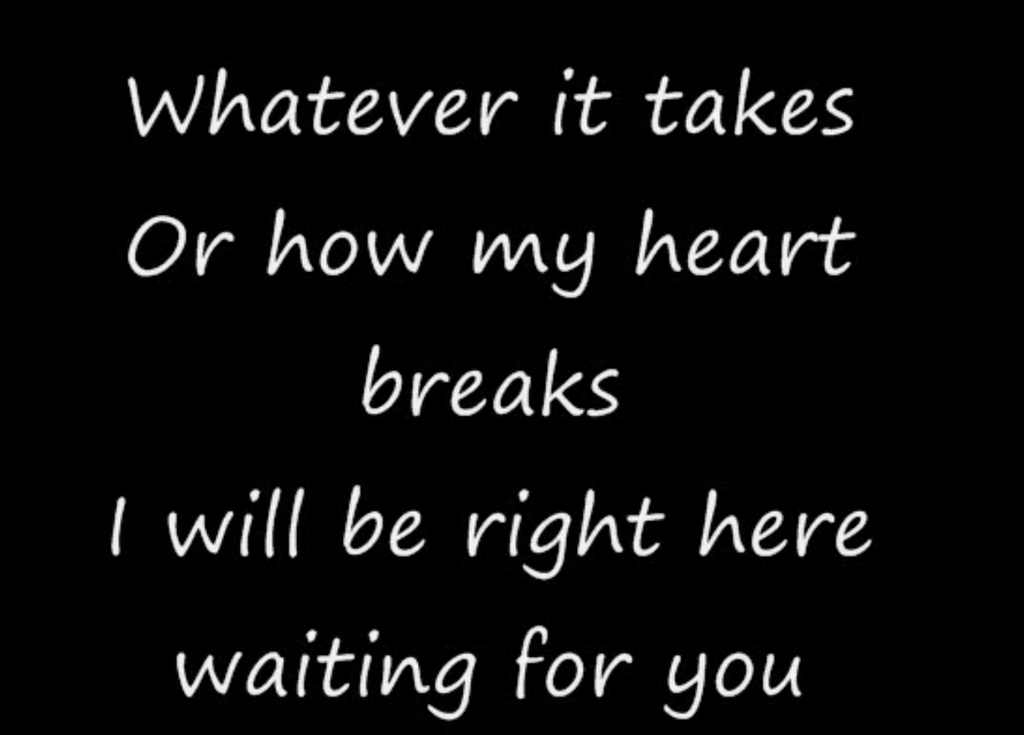
We were both active and engaged in our own spheres of campus life, and our paths never crossed until a mutual friend set us up on a blind date. I wanted to return to the middle, when everything was calm, routine and dependable. And I definitely didn’t want to revisit the end. I didn’t miss the beginning: the insecurity, the butterflies and that period of awkwardness when you’re just getting to know each other. I wanted to go back to the middle of our relationship. Unfortunately, years of schooling can’t teach you about recovering from heartbreak the way experience can.

The rhythmic beating of our heart is slowed so noticeably that it feels, literally, like our heart is breaking. Our airways constrict, making it harder to breathe. The muscles of our digestive system contract, making it feel as if there’s a pit in the deepest part of our stomach. In a manner somewhat opposed to when we’re faced with a threat, rejection activates our parasympathetic nervous system.Ī signal is sent through the vagus nerve from our brain to our heart and stomach. We have an innate need for acceptance, just like we need water and food to survive. The physiological response to a rejection is entirely different from that of a threat. In the presence of danger, we are prepared to fight. Our heartbeat quickens, strengthening the flow of blood to our vital organs. The hypothalamus then kicks the sympathetic nervous system into gear, surging cortisol through our veins. When a threat is identified, an emergency call is made to the hypothalamus, the command center for our hormone system. The brain has developed mechanisms to sense danger, and it responds immediately in the presence of any threat. They talk like best friends via the common carotid artery, which sends blood from the heart to the brain at a running speed of three feet per second. Warmth radiated from my flushed cheeks.Īs a student of neuroscience, I have learned that the most intimate relationship is the one between your head and heart. Normally outgoing and talkative, I couldn’t even form a sentence. I tried to respond but stumbled over my words. I stood there in the cold, swaying nervously from foot to foot, my hands shoved inside my jacket pockets.

I don’t remember exactly what he said, but he ended with: “I don’t think I can do this anymore.” He was tense, his eyes focused everywhere but on me. I didn’t know then that it would be our last. We met in the parking lot outside his dorm and kissed hello, quickly, like something you do out of habit. He told me to stop by after I got out of the movie.


 0 kommentar(er)
0 kommentar(er)
